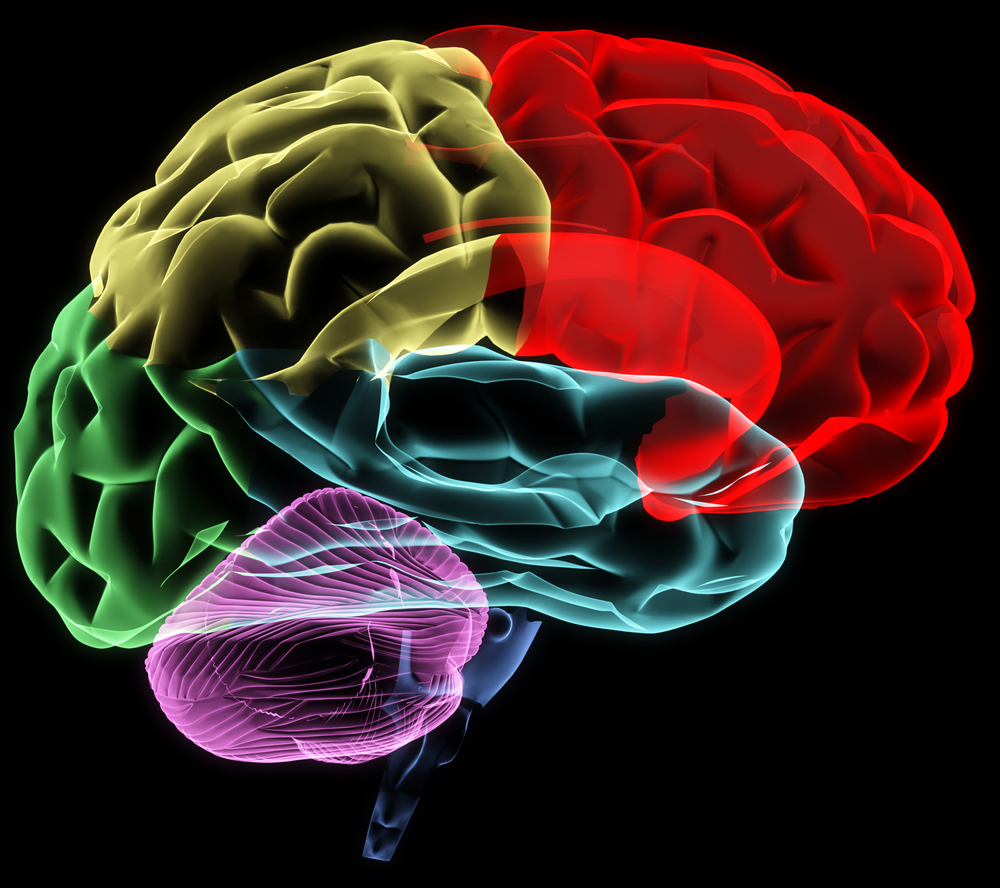Anorexic Teens May Exhibit Traits of Autism

Get the world’s most fascinating discoveries delivered straight to your inbox.
You are now subscribed
Your newsletter sign-up was successful
Want to add more newsletters?

Delivered Daily
Daily Newsletter
Sign up for the latest discoveries, groundbreaking research and fascinating breakthroughs that impact you and the wider world direct to your inbox.

Once a week
Life's Little Mysteries
Feed your curiosity with an exclusive mystery every week, solved with science and delivered direct to your inbox before it's seen anywhere else.

Once a week
How It Works
Sign up to our free science & technology newsletter for your weekly fix of fascinating articles, quick quizzes, amazing images, and more

Delivered daily
Space.com Newsletter
Breaking space news, the latest updates on rocket launches, skywatching events and more!

Once a month
Watch This Space
Sign up to our monthly entertainment newsletter to keep up with all our coverage of the latest sci-fi and space movies, tv shows, games and books.

Once a week
Night Sky This Week
Discover this week's must-see night sky events, moon phases, and stunning astrophotos. Sign up for our skywatching newsletter and explore the universe with us!
Join the club
Get full access to premium articles, exclusive features and a growing list of member rewards.
Girls with the eating disorder anorexia may tend to have traits that are usually found in people with autism, a new study suggests.
The researchers compared 66 teen girls who had anorexia with about 1,600 girls who did not have the eating disorder, using questionnaires they had previously developed to assess thinking and personality types in children with autism.
The girls with anorexia were found to have more interest in systems and order, and lower scores in empathy — a profile more similar to people with autism than to typical adolescents, the researchers said.
The finding suggests the two conditions may share certain features, such as rigid attitudes and behaviors, a tendency to be very self-focused and a fascination with detail, the researchers said.
"Traditionally, anorexia has been viewed purely as an eating disorder. This is quite reasonable, since the girls' dangerously low weight and their risk of malnutrition or even death has to be the highest priority" for treatment, said study researcher Simon Baron-Cohen, a professor of developmental psychopathology at the University of Cambridge in the U.K.
But the new study suggests that "underlying the surface behavior, the mind of a person with anorexia may share a lot with the mind of a person with autism," Baron-Cohen said. People with both conditions have a strong interest in organizational systems; girls with anorexia are intensely interested in the system that governs body weight, shape and food intake, he said.
Baron-Cohen previously proposed a theory suggesting that people with autism are more geared toward understanding systems, or "systemizing," and are less capable of understanding people's emotions, or empathizing, compared with other people.
Get the world’s most fascinating discoveries delivered straight to your inbox.
Other experts said that the link seen in the new study, along with many current ideas about autism, need bearing out in further studies.
"There’s some data that supports the systemizing-empathizing theory, but not all the data," said Dr. James McPartland, a professor of child psychiatry at Yale University, who was not involved in the study. "In the field of autism research, we try to determine what account best explains autism, and this theory is one of them."
People with anorexia are diagnosed based on their refusal to maintain a minimum body weight, and their preoccupation with food and weight. Anorexia reflects a mix of social pressures, familial dynamics and genetic susceptibility, and is associated with above-average intelligence, according to the researchers.
Anorexia is diagnosed more often in females, while autism, on the other hand, is diagnosed more often in males. In the United States, 1 in every 54 boys is diagnosed with an autism spectrum disorder, a rate five times higher than that of girls.
"This new research suggests that a proportion of females with autism may be being overlooked, or misdiagnosed, because they present to clinics with anorexia," Bonnie Auyeung, another researcher from the study said.
Acknowledging that some anorexic patients may also have a higher than normal number of autistic traits, along with a love of systems, may offer clinicians new ideas for treating people with the eating disorder, the researchers said.
"Shifting their interest away from body weight and dieting on to a different but equally systematic topic may be helpful," the researchers said.
The study has its limitations, however, according to the researchers. It is possible that some of the "autistic" traits of the girls with anorexia actually reflect the consequences of starvation, which is known to make the person more self-focused and socially withdrawn.
"We don’t know if they had these tendencies before the onset of anorexia. It could be that a person experiencing any distress may show such traits; this could be reflective of the emotional experience of having anorexia," McPartland said.
"Nevertheless, the study helps to understand people with anorexia as they are, and has implication for how to treat them," he said.
The study was published today (Aug. 6) in the BioMed Central journal Molecular Autism.
Email Bahar Gholipour. Follow Live Science @livescience, Facebook & Google+. Original article on Live Science.

 Live Science Plus
Live Science Plus










